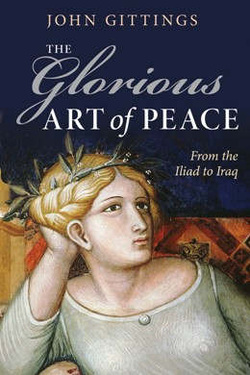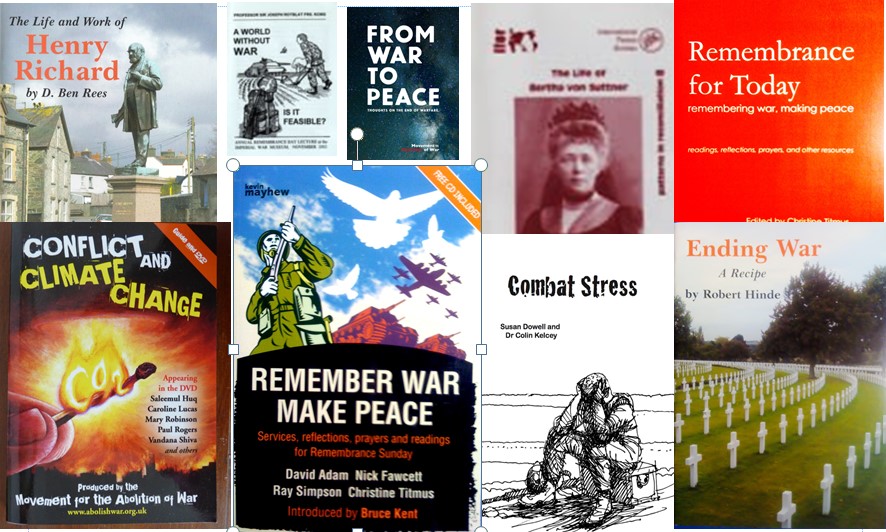
by John Gittings
Oxford University Press, 2011
Lesley Docksey
John Gittings has chosen a very broad subject – the development of ‘peace consciousness’ from ancient Greece to the present day. He starts by looking at how Homer, rather than supporting the Trojan War, stresses the futility and violence of it. As a contrast he analyses Chinese texts, where songs and poetry show how deeply the common people wanted peace – but who among the leaders ever listens to them? Shakespeare’s plays are studied including, of course, Henry V, and the conclusion there seemed to be that Shakespeare didn’t support war – but neither did he actively support peace. Erasmus however, did. Looking at his work Gittings makes an easily missed and important point: Erasmus’ writings on peace will not be available in academic bookshops when Machiavelli’s The Art of War always will – the kind of unthinking censorship that takes peace off the agenda and makes it invisible.
Gittings charts, in great detail, the growth of peace activism in the 19th century, the forming of societies and efforts made to abolish war. For good clear historical exposition you can’t do better than this book, but there is a glaring and curious omission. Recounting the efforts for peace from the 1899 Hague Conference to the foundation of the League of Nations there is no mention at all of the work that went into the Kellogg-Briand Pact.
The history of the Cold War and the disgraceful sabotaging of any peace initiatives by the great powers was truly disheartening, while the growth of peace studies and new organisations is positive. But by the end, having been very ably taken through the history of peace initiatives during the last 200 years I was, sadly, left with the impression that the ‘glorious art’ had failed us. We should, quite rightly, celebrate past efforts and the people behind them, but surely it is time we addressed the reasons for their failure and explored different ways of creating peace.



